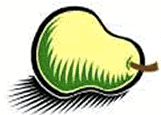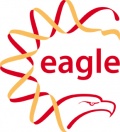This is a belated notice that the OBF mailing lists are down due to a server failure. Posting a tweet is easier than writing a blog post, please follow @OBF_news for updates.
We have a complete back up and running as a virtual machine hosted on Amazon Web Services (AWS), which should become live by Monday pending DNS updates etc.
Back in later 2012 we previously migrated the OBF websites AWS, and this has proved very reliable and saves us worrying about looking after physical hardware.
[Read More]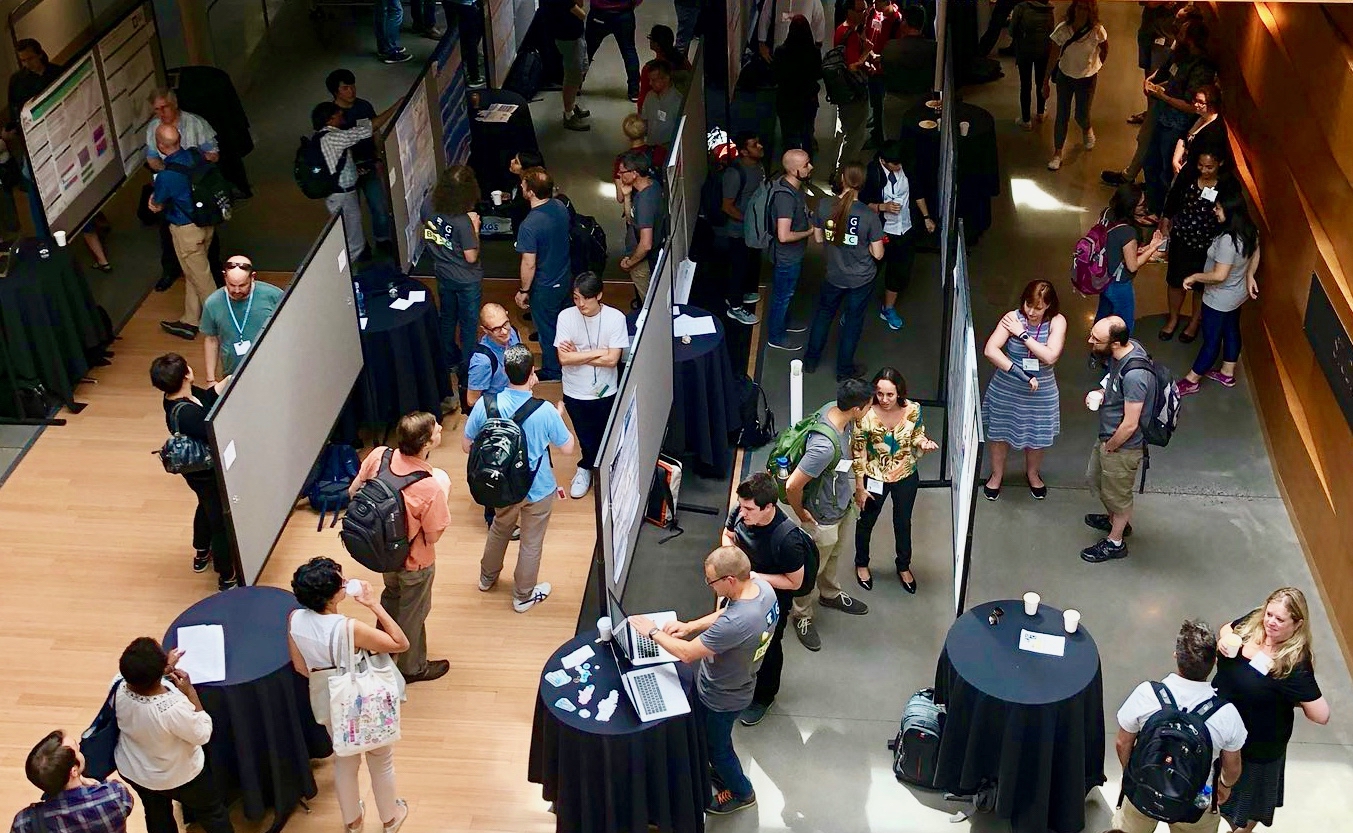
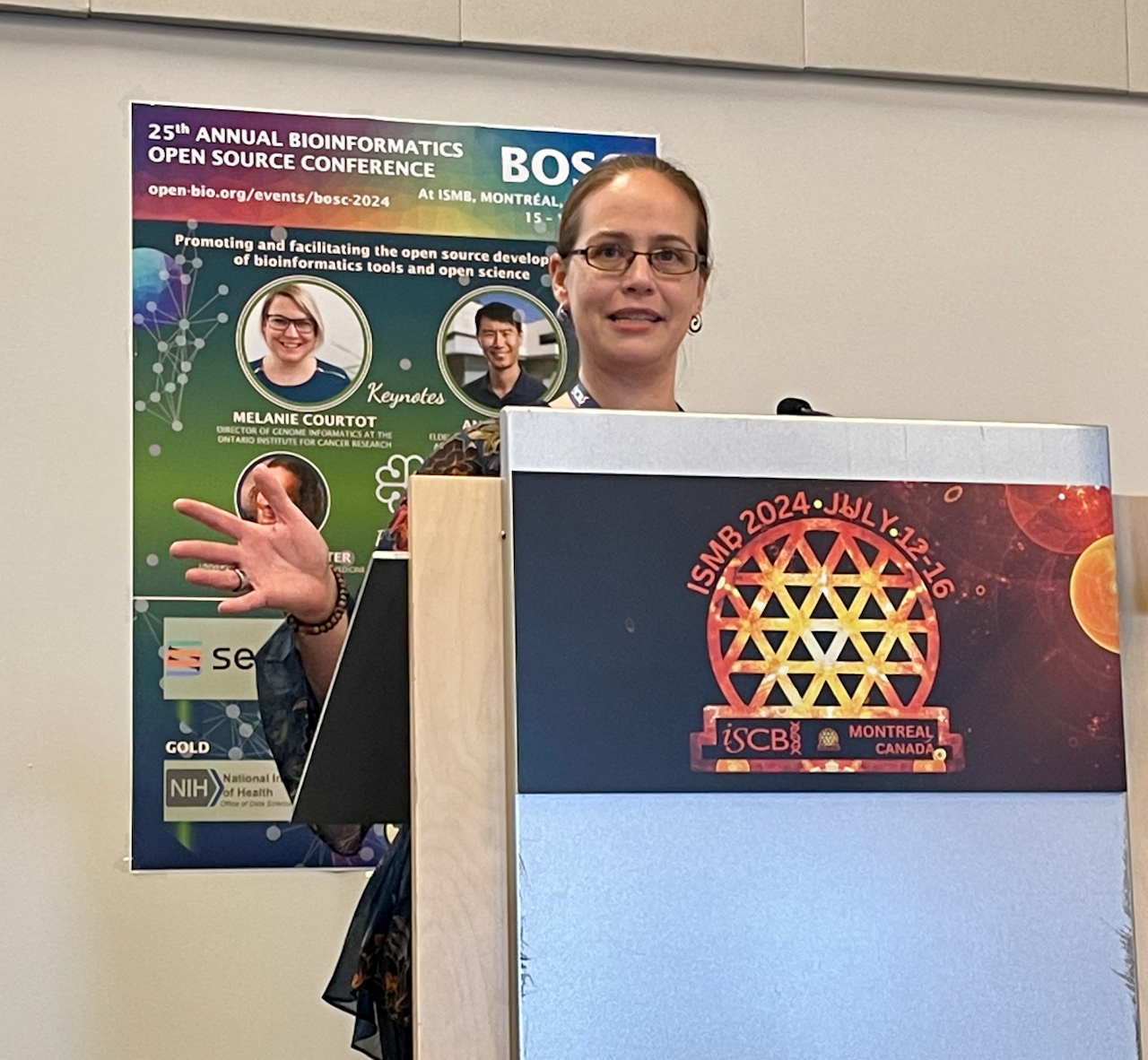
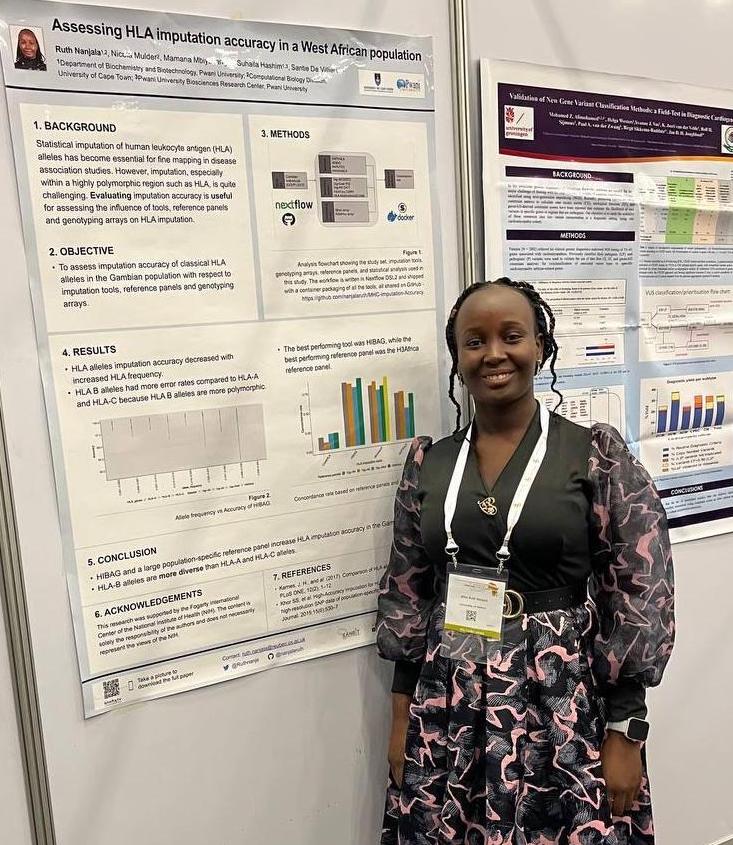
![[GSoC 2014 Logo]](https://news.obf.io/wp-content/uploads/2014/01/GoogleSummer_2014logo-150x150.jpg)




